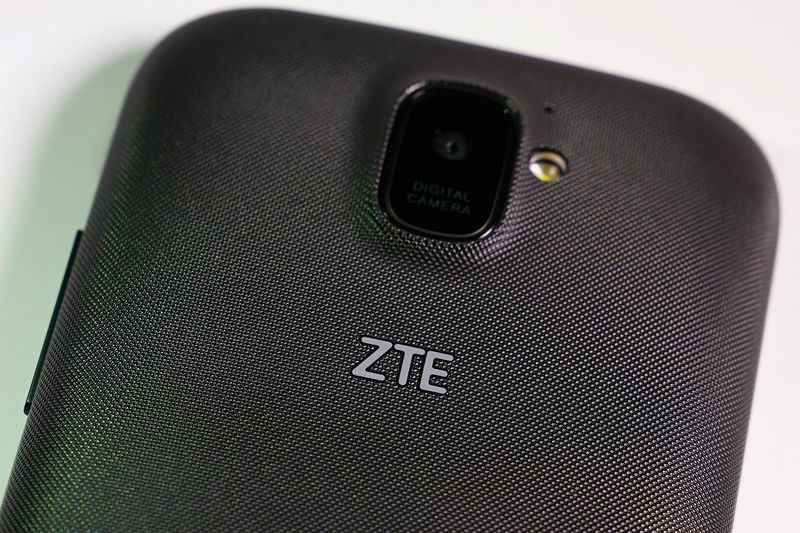By Paresh Dave and David Shepardson
SAN FRANCISCO/WASHINGTON (Reuters) - Chinese smartphone maker ZTE Corp's U.S. woes deepened on Tuesday, as regulators proposed new rules that could cut into its sales, while a supply ban means it may not be able to use Android software in its devices, according to a source.
The U.S. Commerce Department banned American firms on Monday from selling parts and software to ZTE (SZ:000063) for seven years. The move was sparked by ZTE's violation of an agreement that was reached after it was caught illegally shipping U.S. goods to Iran.
Then on Tuesday a U.S. telecoms regulator proposed new rules that would bar government programs from buying from companies that it says pose a security threat to U.S. telecoms networks, which will likely hurt both ZTE and rival Chinese smartphone maker Huawei Technologies [HWT.UL].
The moves threaten to further complicate relations between the United States and China. The two countries have already proposed tens of billions of dollars in tariffs in recent weeks, fanning worries of a full-blown trade war that could hurt global supply chains as well as business investment plans.
The Commerce Department decision means ZTE Corp may not be able to use Google's Android operating system in its mobile devices, a source familiar with the matter said on Tuesday.
ZTE (SZ:000063) and the Alphabet Inc (O:GOOGL) unit have been discussing the impact of the ban, the source added, but the two companies were still unclear about the use of Android by ZTE as of Tuesday morning.
ZTE shipped 46.4 million smartphones last year, placing it seventh among Android-based manufacturers, according to research firm IHS Markit.
Google declined to comment and ZTE has not responded to requests to comment.
The proposed new rules from the Federal Communications Commission (FCC), meanwhile, which are expected to be finalized this year, appear to be another prong in a U.S. effort to prevent ZTE and Huawei from gaining significant market share in the United States.
They would prevent money from the $8.5 billion FCC Universal Service Fund, which includes subsidies for telephone service to poor and rural areas, from being spent on goods or services from companies or countries which pose a "national security threat to the integrity of communications networks or their supply chains," the FCC said.
"Hidden 'backdoors' to our networks in routers, switches, and other network equipment can allow hostile foreign powers to inject viruses and other malware, steal Americans' private data, spy on U.S. businesses, and more," said FCC Chairman Ajit Pai, who introduced the proposal.
Pai did not specify China or specific companies.
But in a letter to Congress last month, Pai said he shared the concerns of U.S. lawmakers about espionage threats from Huawei, the world's third-largest smartphone maker.
USTelecom, an industry trade group, praised the FCC's "proposal to confront nation-state actions that threaten the confidentiality, integrity and availability of our nation's network infrastructure."
Republican U.S. senators have also introduced legislation that would block the U.S. government from buying or leasing telecoms equipment from Huawei or ZTE.
Huawei's planned deal with U.S. carrier AT&T Inc (N:T) to sell its smartphones in the United States collapsed in January after U.S. lawmakers sent a letter to Pai citing concerns about Huawei's plans to launch U.S. consumer products.
Amid a steady drip of bad news, Huawei has laid off its vice president of external affairs, Bill Plummer, and four other employees at its Washington office, according to sources familiar with the matter.
The company slashed lobbying expenditures to $60,000 in 2017 from $348,500 in 2016, according to Huawei filings.
ZTE has similarly cut its lobbying expenditures, from $860,000 in 2016 to $510,000 last year, according to ZTE filings.
